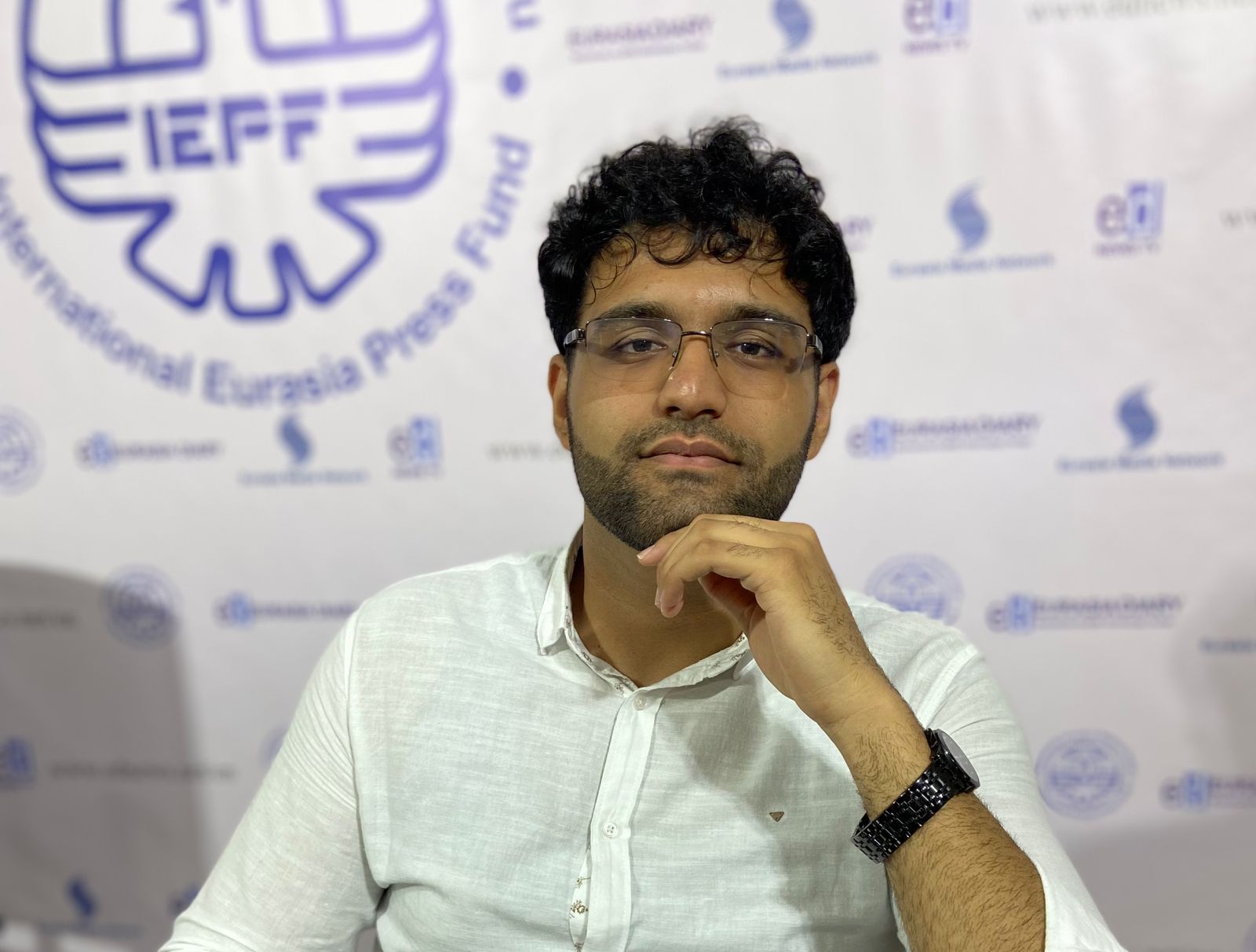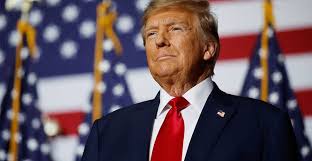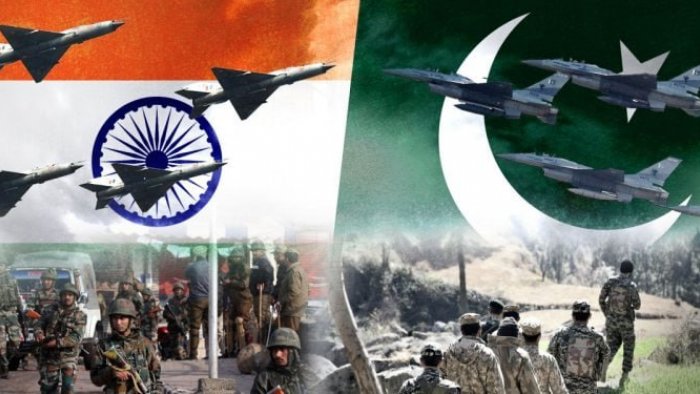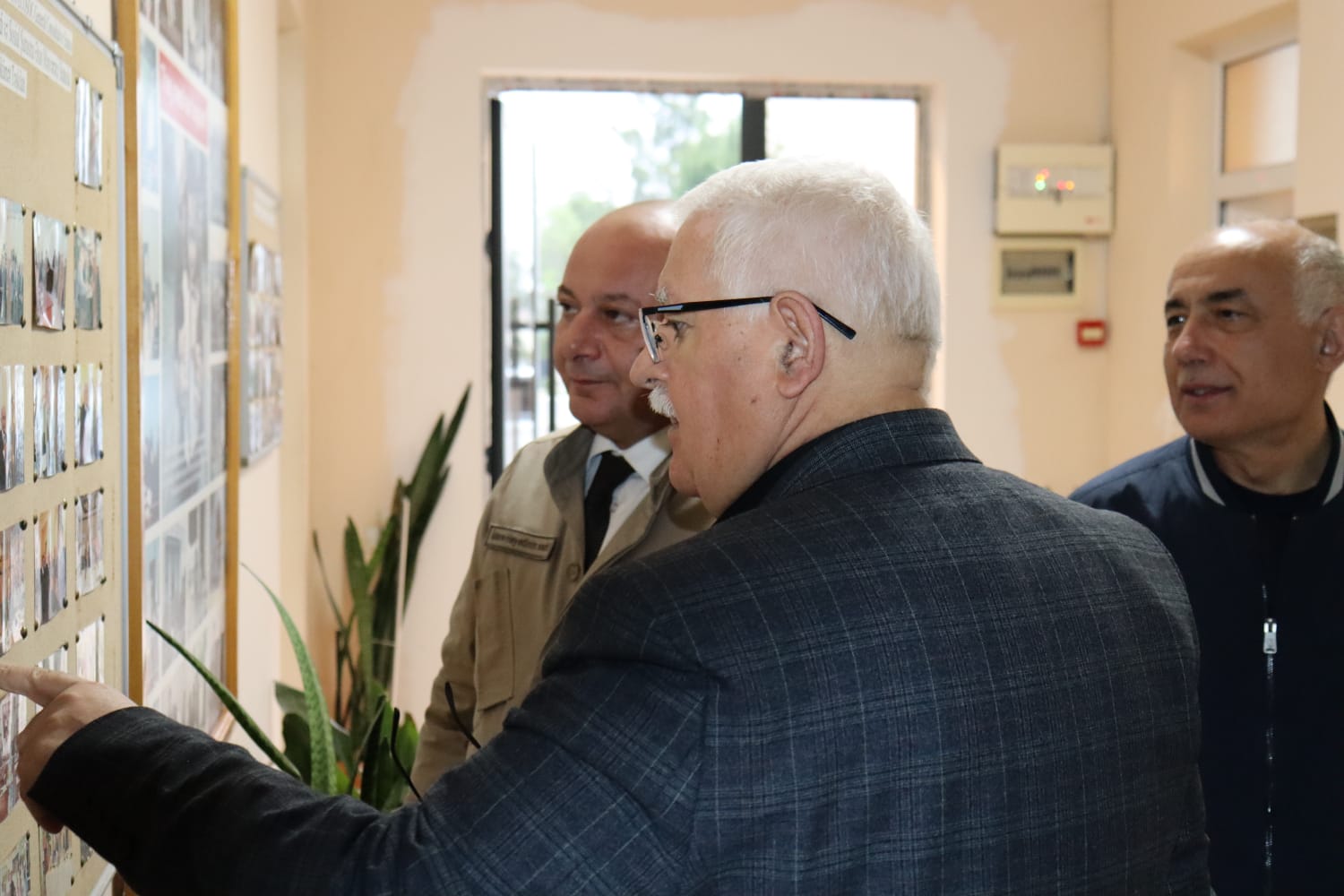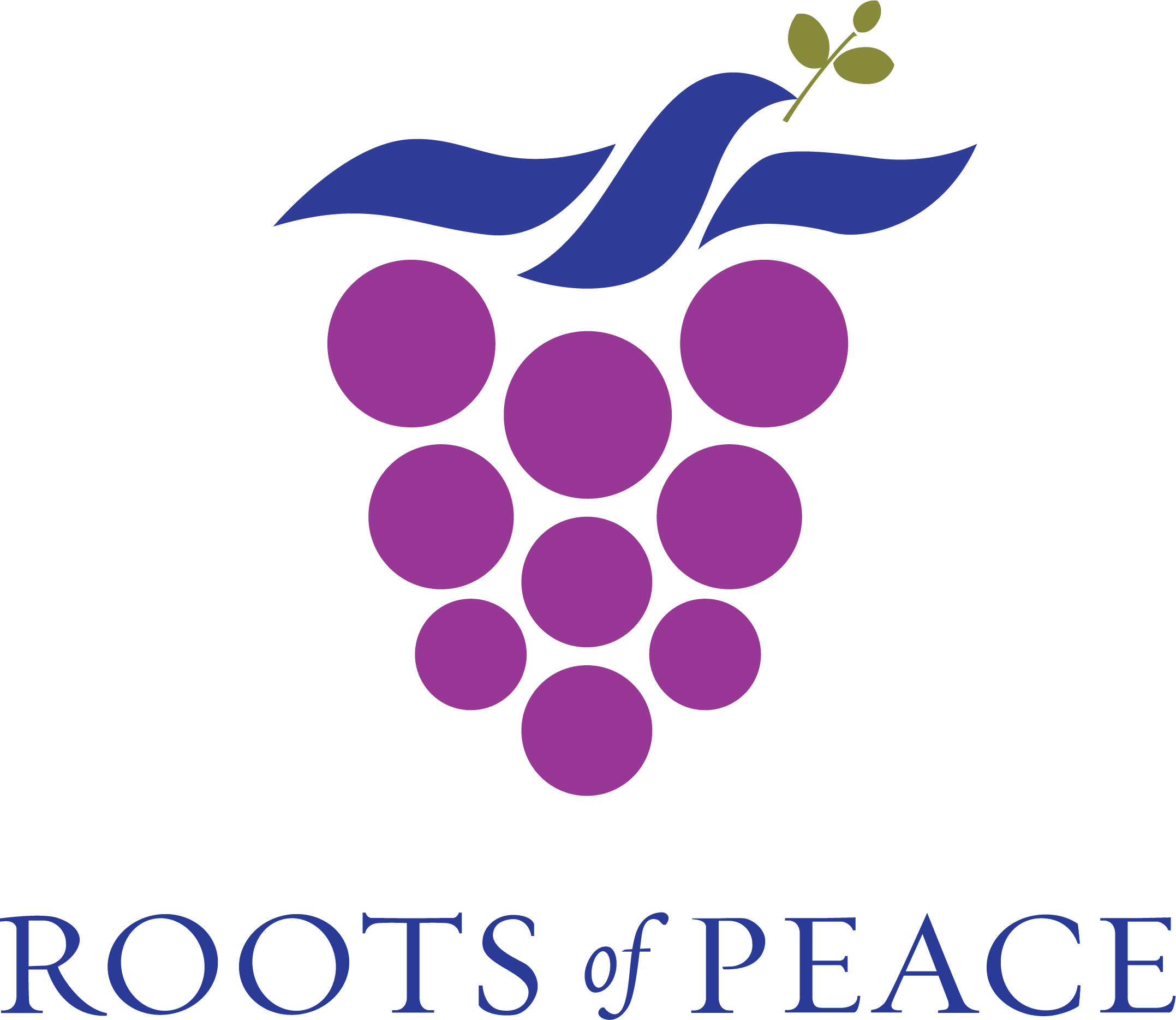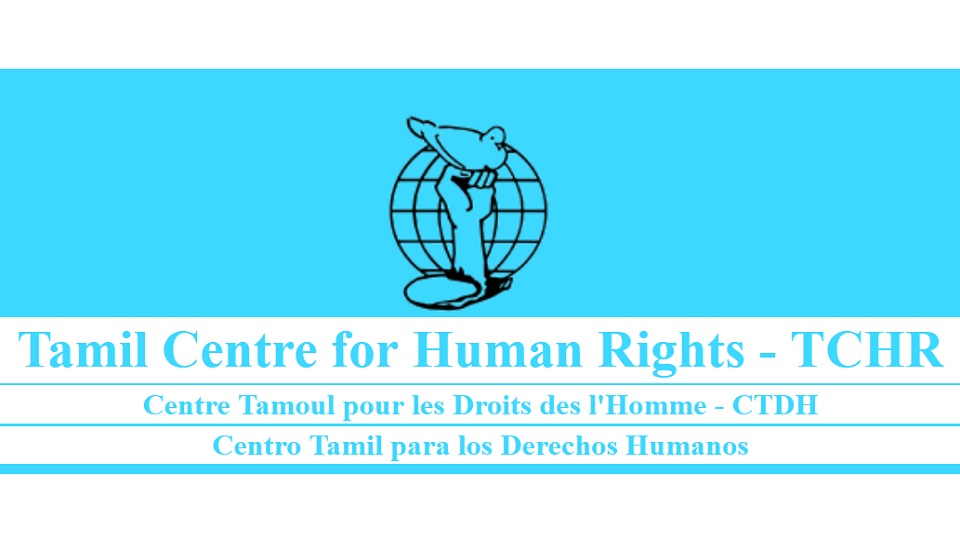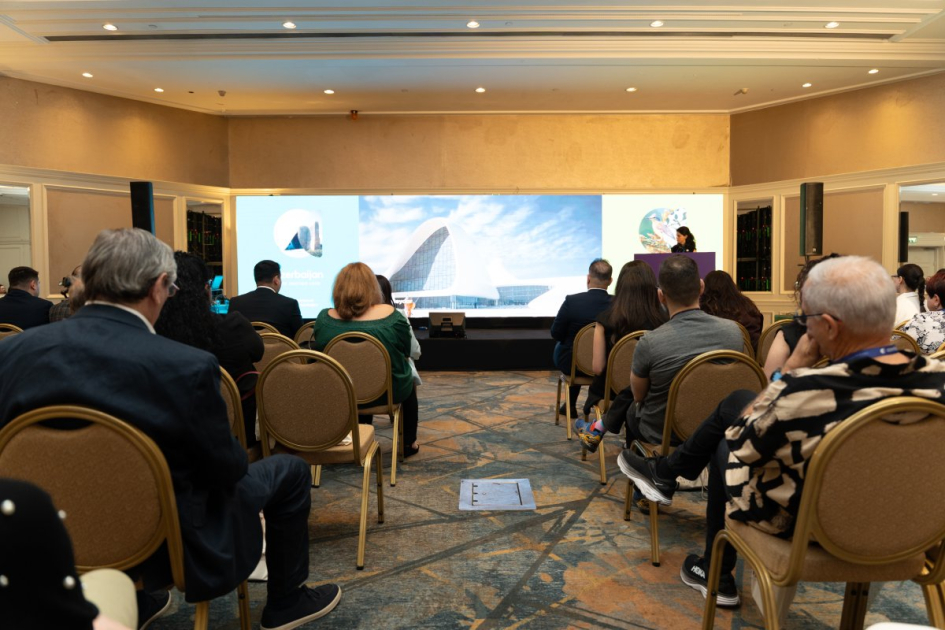Since the start of the Israel-Hamas conflict on October 7, the European Union's attitude to the crisis has started very badly and has gotten worse day by day. If you want to know the leanings of politically engaged Europeans, ask them where they stand on Israel and Palestine.
Thus, the first note from Europe on the issue was the announcement that the EU will stop all aid to the Palestinians. The policy was changed on the same day amid growing concerns from countries within the alliance about the living conditions of Gazan hostages captured in the fighting.
At the end of the week, on October 13, the head of the commission, Ursula von der Leyen, visited Israel. The message he delivered there was well received. The head of the commission stated that Israel has the right to protect its territory under international law. However, this speech was received negatively within the Alliance, and it was emphasized that Ms. Ursula only expressed her opinion, and the position of the Alliance was not stated. These views were mainly voiced by the High Representative of the European Union for Foreign Affairs and Security Policy, Josep Borell. As the protests grew, Mrs. Von der Leyen's team quickly announced that the EU's humanitarian aid to Gaza would be tripled.

The President of the Commission managed to keep the Alliance very strong in the most difficult times of the EU: against the backdrop of the Pandemic and the Ukrainian war. But it's success is limited to that. The European Union shows that the EU's ability to influence this environment is very limited against the background of other crises, except for the Ukrainian war (kind of).
Parties and actors in specific crises have already been identified. Europe is unlikely to seriously intervene in the Gaza crisis. With the exception of the Ukraine war, the crisis between Azerbaijan and Armenia, the processes taking place in Syria and Libya, and most recently, it's incompetence in preventing migrants from Tunisia are clear examples of this.
Although it always tried to show itself as an independent actor from the USA, it never managed to get out of its shadow.
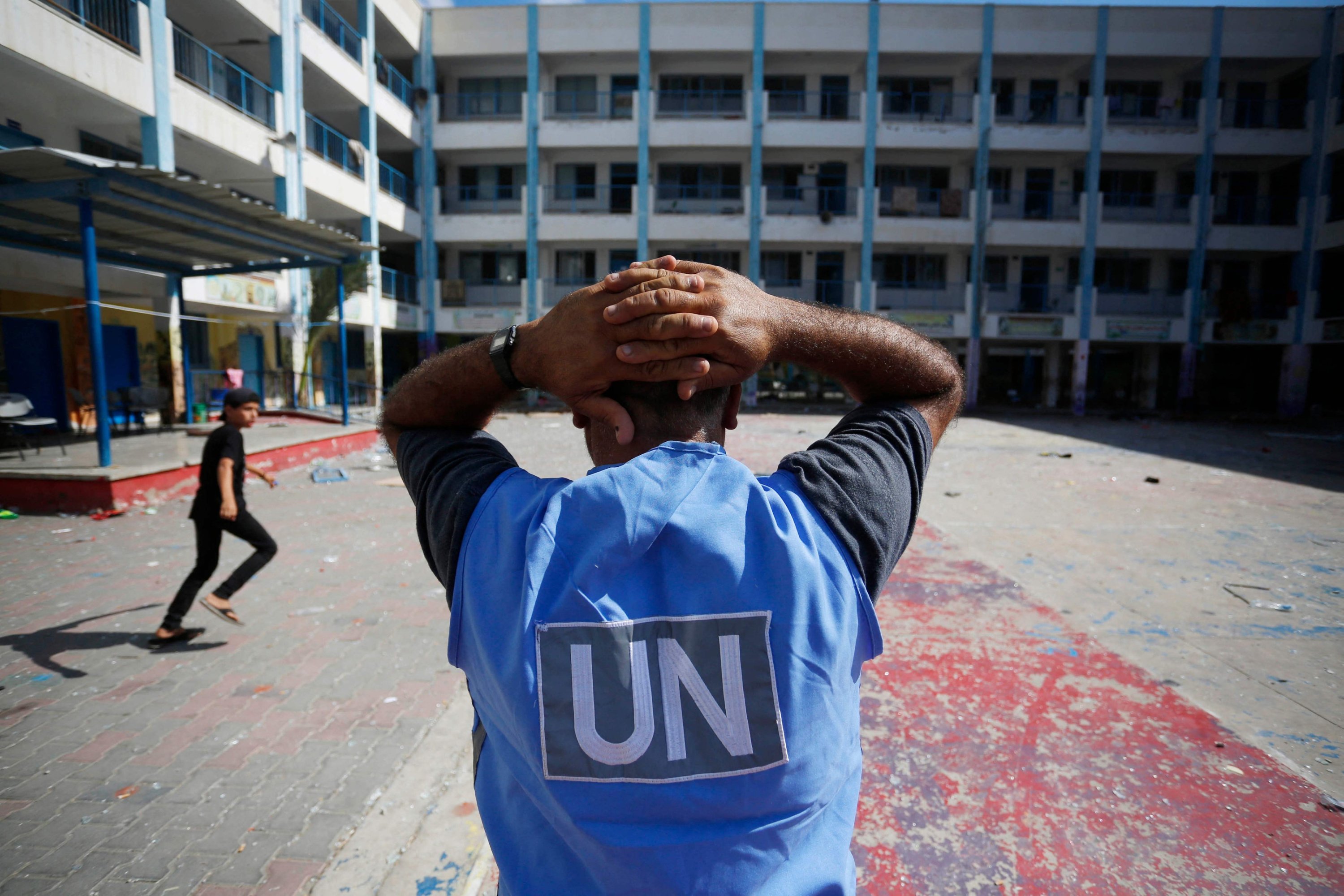
A similar incident happened during Josep Borell's visit to Beijing. Borrell tried to convince Beijing that Brussels' policy towards Beijing is not under pressure from the United States. It is interesting that Borrell called Beijing both a partner and a rival. The European Union official also emphasized that it is not necessary that the competitors are enemies. Apparently, Borrell tried his best to convince Beijing that Brussels' attitude towards Beijing is better and more moderate than Washington's attitude towards Beijing. This type of self-righteousness has happened many times throughout the history of the Alliance. Despite being the homeland of diplomacy and law, the reality is that the United States has always been the main actor in establishing peace in the region.
In short, the EU, which is surrounded by crises, will continue to be powerless in these types of crises as long as it does not undergo serious reforms within itself. The current structure prevents this from happening. Europe must take a more assertive stance in the process of reforms within the EU. Now it would be better to focus on the war in Ukraine. The United States, like the EU, must either guide its incompetent alliance in global affairs or intervene on its own.
Akbar Novruz
